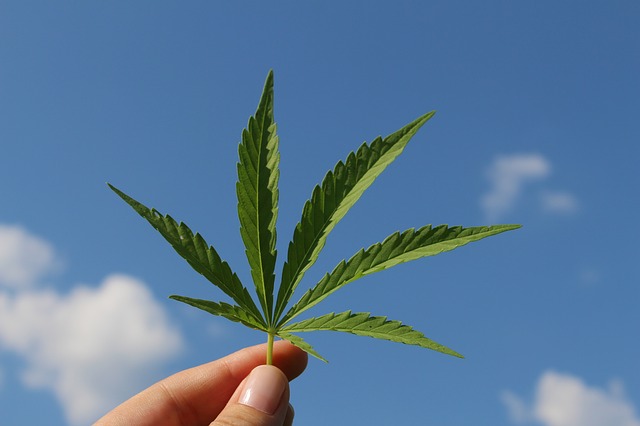U.S, August 11, 2019 (GREENENTREPENEUR)- If you ask Priscilla Vilchis, the world of weed is no longer a man’s world. Vilchis is making a big splash in the industry by marketing to women and making cannabis products appear not only healthful, but sexy and luxurious.
The 32-year-old formerly worked in healthcare, managing physicians on a daily basis before she founded Premium Produce, a cannabis cultivation company, as a response to the opioid crisis she saw first-hand. From then on, she became the first Latina in Nevada to secure a license to grow and distribute marijuana.
After less than a year on the market, Vilchis’ weed brand, Reina, is among the top sellers at Planet 13, the largest dispensary in Las Vegas. The packaging, which includes sleek glass containers, may aim to resonate with women, but sales are almost split evenly with male buyers. The best-selling strains are Ghost Train Haze and Wedding Cake. Vilchis said a line of edibles inspired by her Hispanic heritage is currently in the works.
Tell us a little more about your background. How did you score these licenses?
I started off in the health-care industry and saw a vast opioid epidemic. Working with physicians allowed me to see up close that this was going to be a grand problem. I foresaw it before the entire world saw it. I phoned my lawyer in 2014 and said I want to apply in [the industry of] marijuana. He said, “You’re crazy. Every physician you work with is going to drop you. It’s a non-regulated product.” I said ‘Stay in your lane and find me the best state [for entering the business].’ So he [suggested] Nevada. I put together a good team of lawyers, lobbyists, and all the professionals I needed in order to succeed. And I won.
We have a 26,000-square-foot, state-of-the-art facility. Nevada actually asked us to be the showcase or example for the entire state, and we’ve gladly agreed. So we’ll bring in politicians and [representatives from] other cities and states looking to also adopt marijuana laws.
What did it take to get a license?
Well, a quarter-million [dollars] per application, not knowing if you would win or not. Putting together a strong team. I knew that I qualified, but I was still young. I was 27 when I applied. And a minority. And female. So I had to make sure I had the best lobbyists and experts. I put together a solid application.
What was the key to that application?
Making sure your location was good. Your architect, which is very expensive, your engineering, your zoning, everything had to be on point. Your standard operating procedure, your security system. How are you going to make sure you’re safe picking up cash? You had to map out everything and explain to the state that you are fit to maintain this marijuana business.
With the legal marijuana industry being so new, does it offer fresh opportunity for minority and female business owners to get in on the ground floor?
Right now, marijuana is being dominated by men. Older men. Just like corporate America. So the fact that I am 32 years old, a female, and a minority, I believe helps motivate a lot of people. The key thing is to move ahead and never go back on your word.
What are some of the banking challenges you’ve personally faced by being a part of the cannabis industry?
I just recently had another bank shut me down because they saw me on television — Wells Fargo. That was very recent and sudden. I never deposited any marijuana money. That had been my account since 2011. A personal account. Nothing to do with marijuana.
What needs to be sorted out with the banking industry? Because obviously, you’re making profits…
And they’re taking my money, right? They’re taxing me.
So the Treasury will take it, but the banks won’t?
It’s upsetting, but I think our government is working to try and get [federal oversight] done sooner or later. I have faith in them. It’s getting better every day, and I just hope they focus on [banking] first.
What are some of the broader trends you’re observing within the industry? What changes do you see coming soon?
I see a lot of people looking to get in the industry and they don’t have the right perspective. I see a lot of people just looking to get rich. When I got into the industry, I did it for medicinal purposes, to try and help people get off opioids. I hope people learn to recognize the good from the bad.







